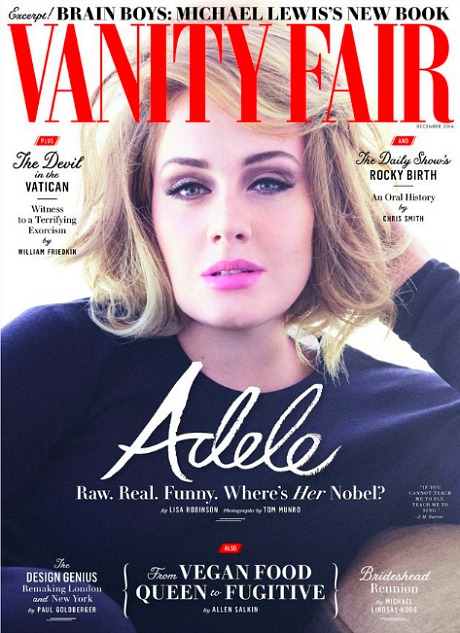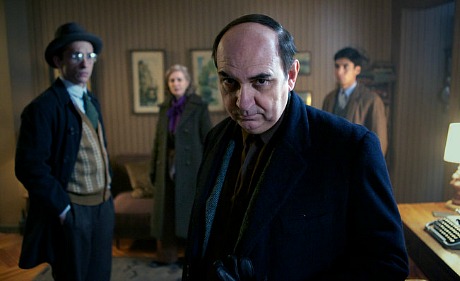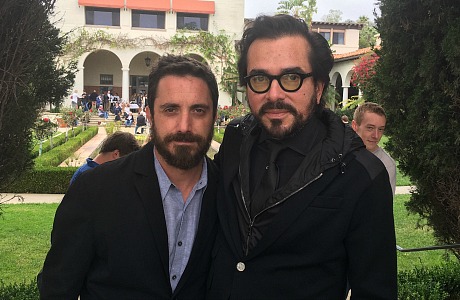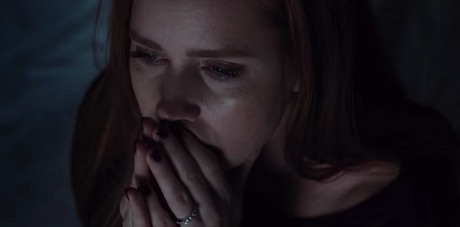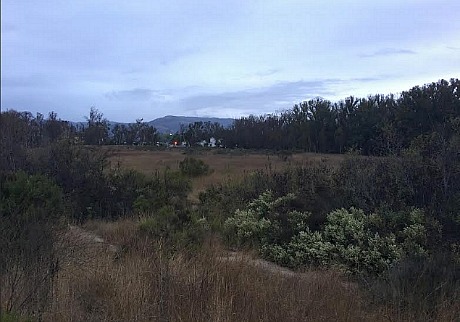The saga of Tippi Hedren having been harassed (emotionally, obsessively, to some extent sexually) by Alfred Hitchcock during the filming of The Birds and to a lesser extent Marnie was revealed 33 years ago in Donald Spoto‘s “The Dark Side of Genius.” That controversial 1983 book includes a story about Hitchcock having attempted “to grab and violently kiss Hedren in the back of a car as they drove on to the set.”
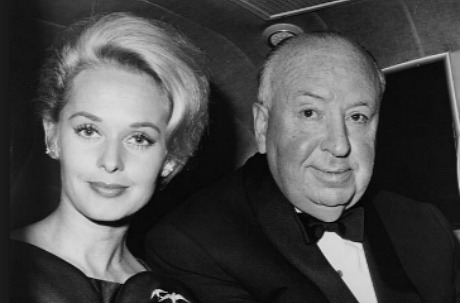
Tippi Hedren, Alfred Hitchcock during promotion of The Birds in ’63.
In Spoto’s “Spellbound by Beauty” (’08), his third book about the directing legend, Hedren revealed that Hitchcock made offensive demands on her. “He stared at me and simply said, as if it was the most natural thing in the world, that from this time on, he expected me to make myself sexually available and accessible to him, however and whenever and wherever he wanted…he made these demands on me, and no way could I acquiesce to them.”
This predatory pattern was also depicted in The Girl, a 2012 HBO movie that was based upon “Spellbound by Beauty.”
So I guess I’m not quite understanding what the big hoo-hah is about Hedren’s memoir “Tippi,” which includes a portion that recounts the same sordid saga. A Daily Beast summary mentions Hitchcock having “talked with Hedren about getting erections, and [that he] would ask her to touch him.” In short he wanted an occasional handjob. Which Hitch, an extremely rich and powerful man, could have easily gotten from a high-class professional any day of the week. So bizarre, so unhinged.

